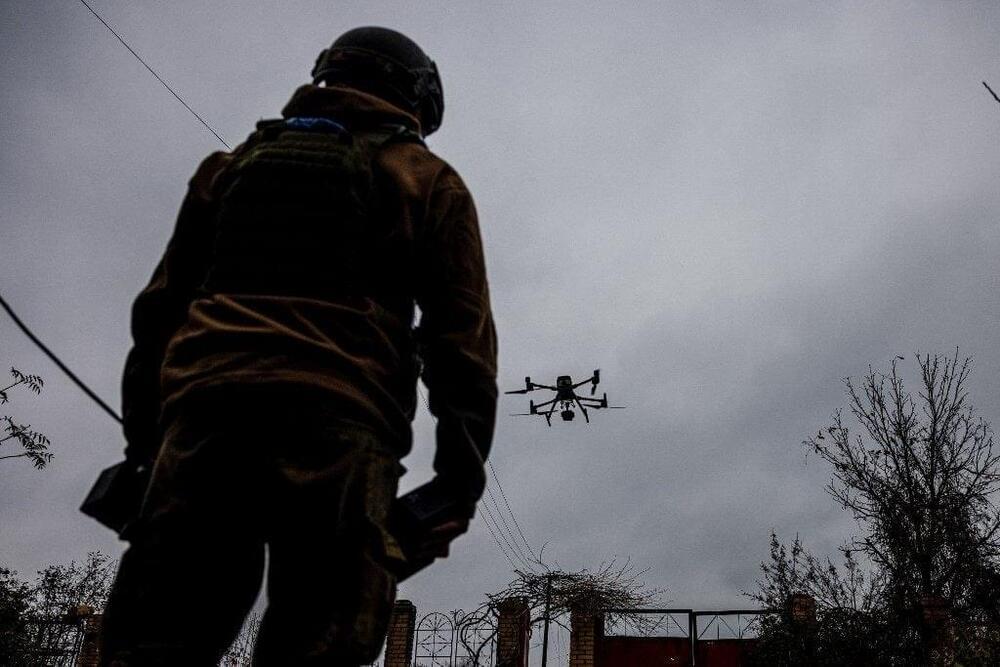Iran’s priority in entering the Ukrainian war arena was to test NATO’s defenses against its drones, to assess the strength of these defenses in the face of Iranian offensive capabilities. It can be said that in the initial stages, the Shahed-136 drone actually managed to achieve exceptional success against NATO air defense employed by the Ukrainian army. This marks a victory for Tehran.
However, the ultimate evaluation of the Shahed-136 drone’s capability against NATO defenses will have to wait until NATO supplies Ukraine with more air defenses in the days ahead. The implications of these advances for the balance of power between Russian and Ukrainian forces, as well as the reputation of the types of weapons supplied to the Ukrainian military, were certainly realized by NATO’s leadership in the wake of these drone attacks. NATO swiftly rushed to implement additional air defense systems designed to deal with such small, drones that are capable of flying at low altitudes.
As with all armed conflicts, the war in Ukraine is being profited from by a variety of peripheral parties, especially those involved in the sale and manufacture of weapons. Attaining these goals comes with a cost in the form of material losses and casualties brought on by reckless military testing. Russia’s use of Iranian drones during the Ukraine War, which resulted in the destruction of 30% of Ukraine’s power plants without obviously advancing any military objectives is an adequate example.
